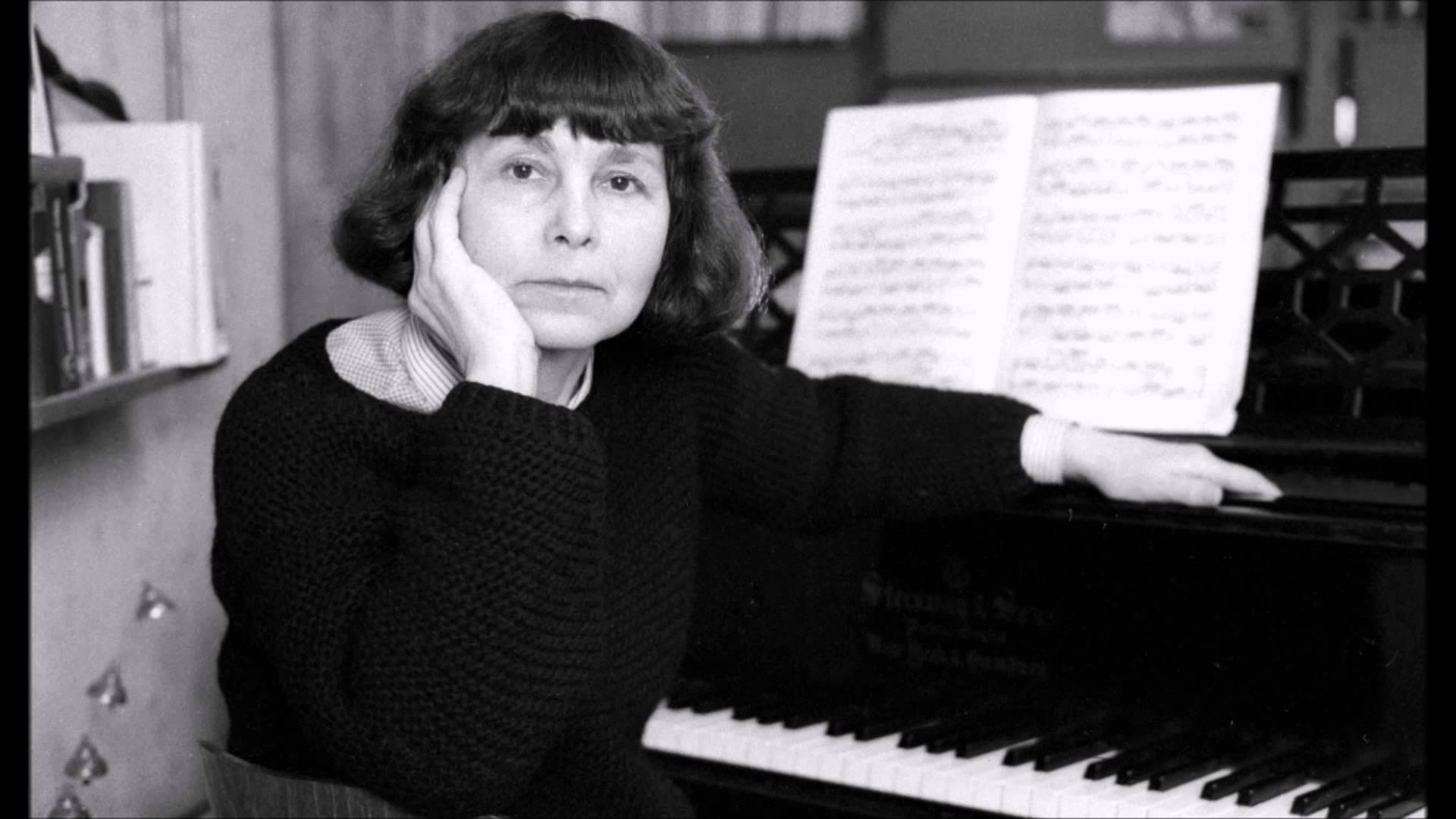Salzburg loses a premiere
mainThe world premiere of a new work by Sofia Gubaidulina, scheduled for the Easter Festival, has been postponed.
The work, titled The Wrath of God, has been completed but the Staatskapelle Dresden and Christian Thielemann haven’t enough time to rehease it.
The premiere has been postponed to Easter 2020. Gubaidulina is 87 years old.






Comments